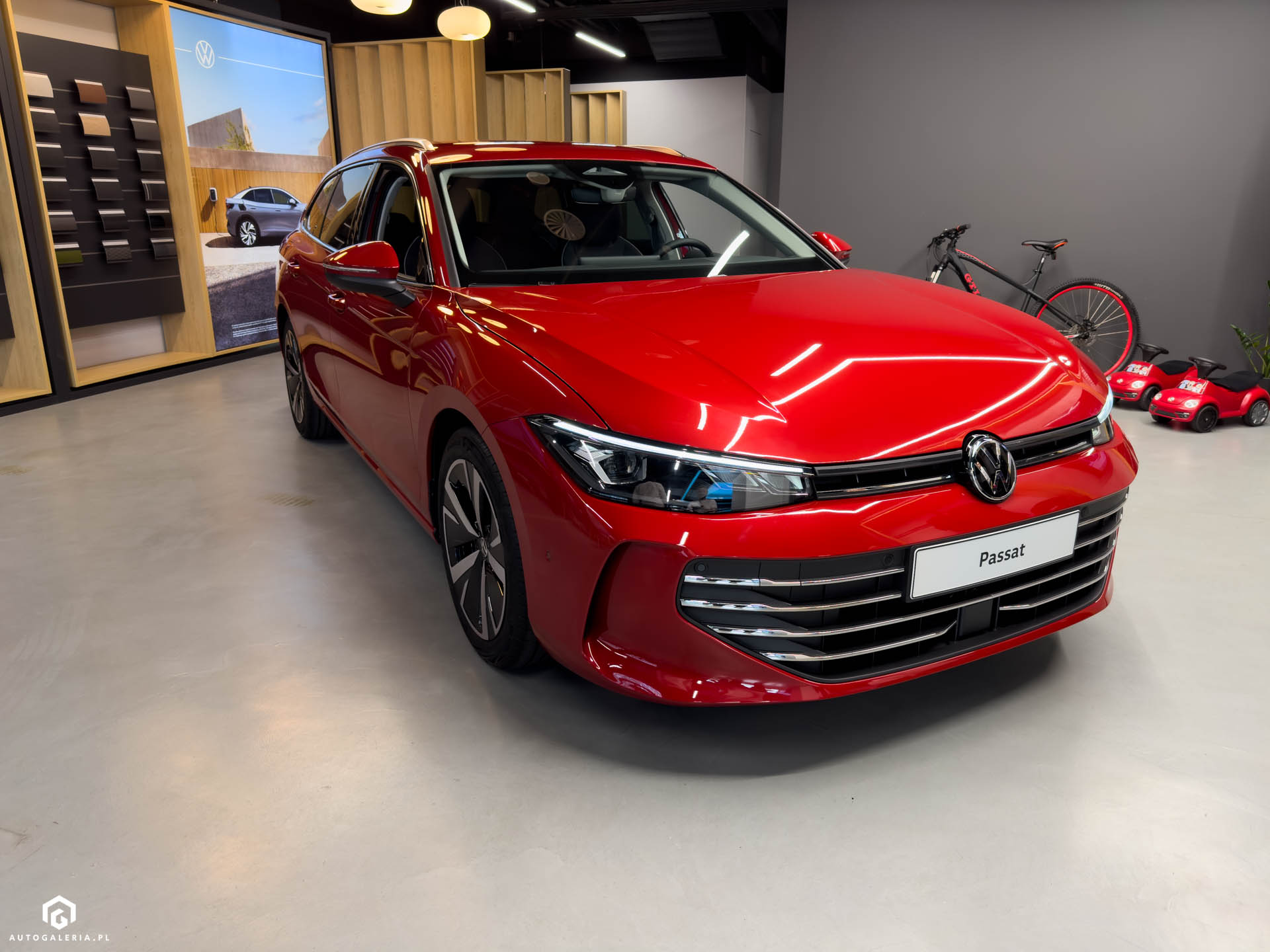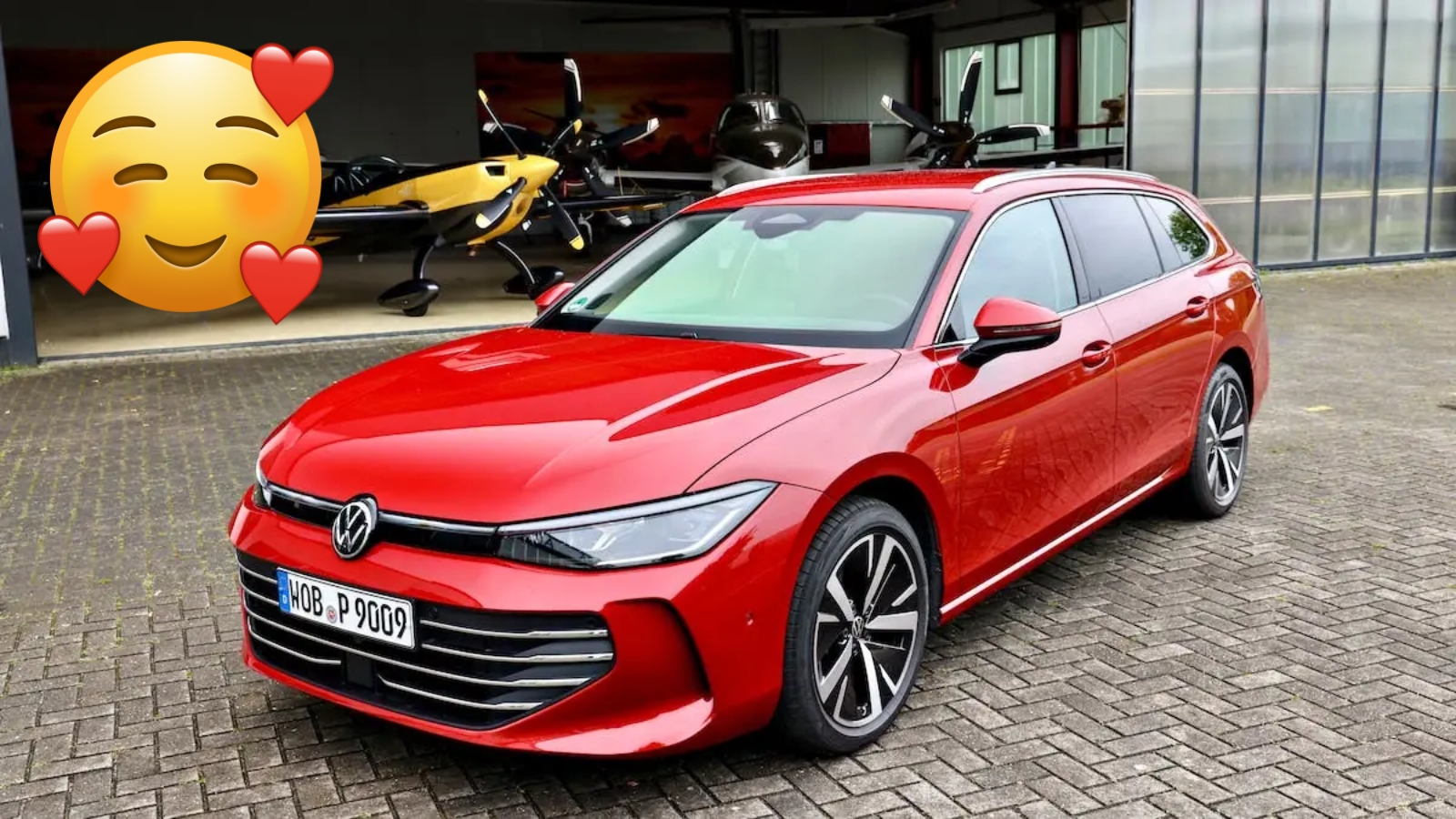The automotive world got a wake-up call recently when Volkswagen Group announced staggering losses directly tied to US import tariffs. The German automotive giant took a massive €1.3 billion ($1.5 billion) hit in just the first six months of 2025, forcing the company to dramatically slash its annual profit expectations.
How Deep Does the Damage Go?
The numbers tell a story that’s hard to ignore. Volkswagen’s operating profit plummeted by 29% in the second quarter of 2025, dropping to €3.83 billion from €5.4 billion the previous year. This isn’t just a small dip – it’s a significant blow that’s reshaping how the company approaches its American operations.
What makes this particularly challenging is that Volkswagen was already navigating a complex transition to electric vehicles while maintaining its traditional combustion engine lineup. The added burden of tariffs has created a perfect storm of financial pressure.

The Ripple Effect Across Markets
The impact isn’t limited to just one region. While Volkswagen managed to grow sales by 19% in South America and 2% in Western Europe, North American sales took a devastating 16% nosedive. This regional disparity highlights how trade policies can create winners and losers within the same company.
The company’s Chief Financial Officer, Arno Antlitz, painted a mixed picture during recent earnings calls. He emphasized that without the tariff impact and restructuring costs, Volkswagen’s operating margin would have reached nearly 7% – at the upper end of their expectations.
Breaking Down the Financial Impact
| Financial Metric | 2024 Performance | 2025 Impact/Projection |
|---|---|---|
| Operating Profit (Q2) | €5.4 billion | €3.83 billion (-29%) |
| Tariff-Related Losses (H1) | €0 | €1.3 billion |
| Operating Return Forecast | 5.5-6.5% | 4.0-5.0% |
| North American Sales | Previous baseline | -16% decline |
| Global Vehicle Sales | Previous baseline | +1.5% increase |
| Western Europe EV Orders | Previous baseline | +62% increase |
What’s Behind the Numbers
The €1.3 billion tariff hit represents more than just additional costs – it’s fundamentally changing how Volkswagen thinks about manufacturing and supply chains. The company’s Chattanooga, Tennessee facility, which currently produces the ID.4 electric SUV along with the gas-powered Atlas models, is becoming increasingly important in the company’s strategy to mitigate tariff impacts.
Strategic Responses and Future Planning
Volkswagen isn’t sitting idle while tariffs eat into profits. The company is actively exploring several strategic moves that could help offset these challenges.
Expanding American Manufacturing
Reports suggest Volkswagen is considering manufacturing Audi and Porsche vehicles at its Tennessee plant. This move would allow the company to avoid import tariffs entirely for vehicles sold in the American market. Currently, many of Volkswagen’s premium vehicles are manufactured in Germany and imported to the US, making them subject to the 25% tariff rate.
Investment as Negotiation Tool
CEO Oliver Blume has indicated that Volkswagen hopes to leverage its American investment commitments as bargaining chips in future tariff negotiations. The company employs tens of thousands of people through Volkswagen Group of America and operates significant manufacturing facilities, positioning it as a substantial contributor to the US economy.
The Broader Industry Context
Volkswagen isn’t alone in facing tariff challenges. Other European automakers are experiencing similar pressures, with Mercedes-Benz reporting a 9% slump in car sales and 26% decline in van sales globally in Q2 2025.
Trade Negotiations on the Horizon
The European Union and Trump administration are actively negotiating potential compromises. Recent reports suggest that EU countries are prepared to enact 30% retaliatory tariffs if no deal is reached by the August 1 deadline. However, there’s also talk of a potential settlement that could reduce tariffs to 15% – still painful, but more manageable than the current rates.
Electric Vehicle Success Amid Challenges
Despite the tariff headwinds, Volkswagen is finding success in specific areas. The company’s order intake for all-electric vehicles jumped 62% in the first half of 2025, with Western European EV deliveries increasing from 9% to 19% of total sales.
This electric vehicle momentum is crucial for Volkswagen’s long-term strategy. The company is investing heavily in electrification and digitalization, with these initiatives expected to provide “tailwind for 2026 and beyond,” according to financial leadership.
Balancing Act: Costs vs. Innovation
The challenge for Volkswagen lies in maintaining competitive combustion engine vehicles while simultaneously investing in electric technology and software development. These dual investments are weighing on 2025 financial performance but are essential for future competitiveness.
Looking Ahead: Adjusted Expectations
Volkswagen has revised its 2025 outlook significantly. The company now expects sales revenue to remain flat compared to 2024, rather than growing by the previously projected 5%. The operating return on sales is now expected to fall between 4% and 5%, down from the earlier forecast of 5.5% to 6.5%.
Managing Through Uncertainty
CFO Antlitz warned that “the longer we go into the second half of the year, the more we tend to the lower end of the guidance.” This cautious approach reflects the ongoing uncertainty around trade policies and their potential evolution.
The company maintains that it will continue its “robust financing and liquidity policy,” with net liquidity in the automotive division expected to range between €31 billion and €33 billion.
What This Means for Consumers and Investors
For car buyers, the tariff impact might eventually translate to higher vehicle prices or reduced model availability, particularly for imported German vehicles. However, increased American manufacturing could help stabilize pricing for certain models.
Investors are watching closely to see how effectively Volkswagen can navigate these challenges while continuing its electric vehicle transformation. The company’s ability to maintain market share in key regions while adapting to trade policy changes will be crucial for long-term success.
Frequently Asked Questions
Q: How much money has Volkswagen lost due to US tariffs in 2025?
A: Volkswagen reported €1.3 billion ($1.5 billion) in losses specifically from US tariffs in the first half of 2025.
Q: Will Volkswagen start making more cars in America?
A: Yes, Volkswagen is considering expanding production at its Chattanooga, Tennessee plant to include Audi and Porsche models to avoid import tariffs.
Q: How have tariffs affected Volkswagen’s sales?
A: North American sales dropped 16% due to tariffs, while global sales still increased 1.5% thanks to growth in other regions like South America and Western Europe.
2026 Toyota HiLux Cabin Revealed Through Fresh Leaked Images
